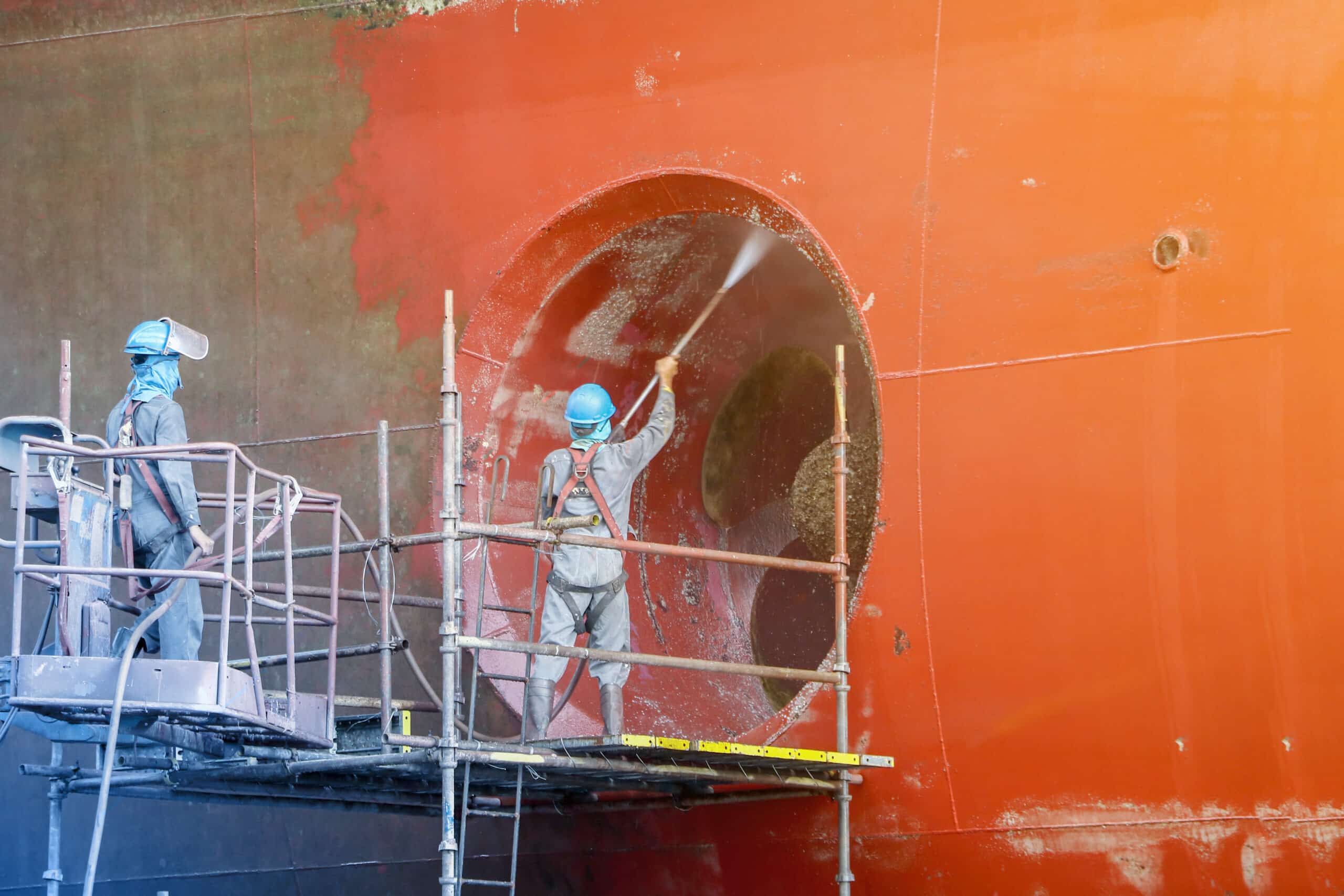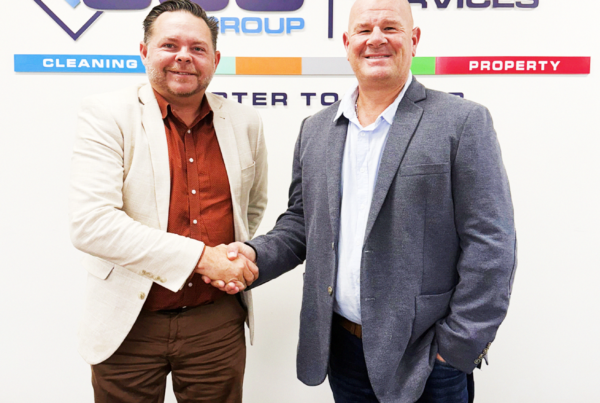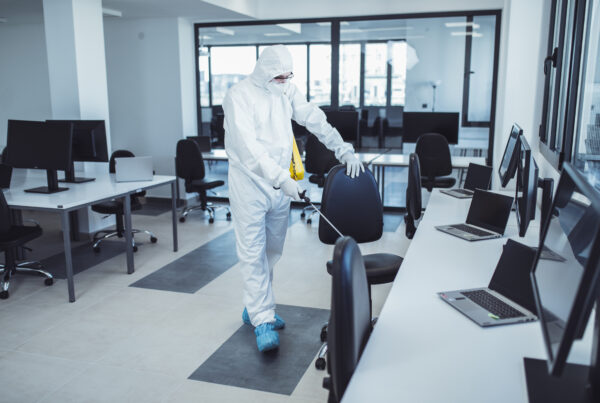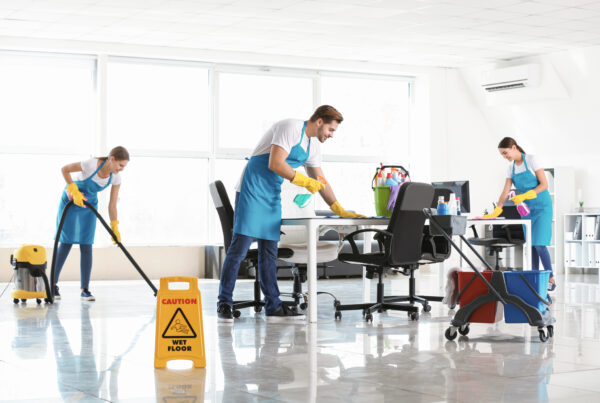Introduction to Automation in Transport and Logistics
Automation has been revolutionizing the transport and logistics industries in recent years. The use of automated systems has increased the efficiency and speed of operations, reducing human error and costs. Automation is being used in various aspects of transport and logistics, including warehouse management, inventory tracking, transportation management, and last-mile delivery. Automated technologies such as self-driving trucks, drones, and robotic arms have the potential to transform the industry further. As automation continues to develop and become more advanced, it is likely to play an increasingly significant role in the future of transport and logistics.
Efficiency and Productivity Benefits of Automation in Transport and Logistics Cleaning
The use of automation in cleaning logistics warehouses has brought significant efficiency and productivity benefits to the industry. Automated cleaning systems can cover large warehouse spaces quickly and thoroughly, reducing the amount of time and effort required for cleaning tasks. Robotic cleaners, for example, can operate continuously without the need for breaks or rest, reducing downtime. Automated cleaning systems can also be programmed to clean during non-business hours, reducing disruptions to regular warehouse operations. Additionally, these systems can help improve cleaning quality by ensuring consistent and thorough cleaning, reducing the likelihood of missed spots or incomplete cleaning. Overall, automation in warehouse cleaning can lead to cost savings, increased efficiency, and improved productivity.
Related Read: The Essential Role of Medical Center Cleaning in Patient Care
Environmental Impact Reduction through Automation
Automation can play a significant role in reducing the environmental impact of the transport cleaning process. Automated cleaning systems can optimize the use of water and industrial warehouse cleaning solutions, reducing waste and protecting the environment. impact of chemical discharge. Additionally, these systems can be programmed to operate during non-business hours, reducing energy consumption and lowering the carbon footprint of the cleaning process. The use of robotic cleaners can also reduce the need for human labor and transportation, further contributing to a more sustainable process. Automated cleaning systems can be equipped with sensors to monitor and control environmental factors such as temperature and humidity, leading to a more efficient use of resources. Overall, automation can help reduce the environmental impact of the transport cleaning process while improving efficiency and productivity.
Related Read: The Essential Restaurant Cleaning Checklist: A Step-by-Step Guide
Safety and Working Condition Improvements with Automated Warehouse Cleaning
Automated cleaning systems can bring significant improvements to safety and working conditions in the transport and logistics industries. By reducing the need for manual labor, these systems can minimize the risk of workplace injuries and accidents. Robotic cleaners, for example, can perform cleaning tasks in hard-to-reach or hazardous areas, reducing the risk of injury for human workers. Additionally, automated cleaning systems. can reduce exposure to harmful chemicals and fumes, creating a safer and healthier working environment. These systems can also improve working conditions by reducing physical strain and fatigue associated with manual warehouse cleaning tasks, leading to better employee well-being and productivity. Overall, automated cleaning systems can contribute to a safer and more comfortable working environment in the transport and logistics industries, improving both employee well-being and the efficiency of cleaning processes.
Related Read: The Benefits of Corporate Cleaning: How to Create a Positive Environment
Types of Automated Cleaning Machines for Sustainable Transport and Logistics
There are several types of automated cleaning machines that can contribute to sustainable transport and logistics cleaning processes. One type is robotic cleaning equipment, which can navigate and clean large areas efficiently and without human intervention, reducing the need for manual labor. Another type is high-pressure cleaning systems, which use high-pressure water jets to clean vehicles and equipment, minimizing the use of chemicals and reducing water consumption.
Vacuum systems can also be used to remove dirt and debris from surfaces while minimizing the amount of water used. In addition, automated cleaning systems can be equipped with sensors and controls to optimize the use of resources, such as water and cleaning solutions, reducing waste and improving sustainability. Overall, these types of automated cleaning machines can contribute to a more sustainable transport and logistics industry by reducing resource consumption and improving industrial cleaning efficiency.
Related Read: The Benefits of Corporate Cleaning: How to Create a Positive Environment
Future Outlook for Automation in Sustainable Transport and Logistics Cleaning
The future outlook for automation in sustainable transport and logistics cleaning is promising. As the industry continues to prioritize sustainability and environmental impact reduction, the adoption of automated cleaning systems is expected to increase. Advances in technology, such as the use of artificial intelligence and machine learning, are also expected to improve the efficiency and effectiveness of these systems.
Additionally, the integration of sensors and controls can further optimize resource usage, reduce waste, and improve sustainability. The adoption of automation in transport and logistics cleaning can lead to significant cost savings, improved productivity, and better working conditions for employees. As the industry continues to evolve and prioritize sustainability, the use of full automation commercial cleaning systems is expected to become increasingly widespread, contributing to a more sustainable future for the transport and logistics industries.
Related Read: How to Minimize the Impact of Post Construction Cleaning
Case Studies: Examples of Automation in Sustainable Transport and Logistics Cleaning
There are several case studies that showcase the successful adoption of automation in sustainable transport and logistics cleaning.
In the Port of Los Angeles, which has implemented a fully automated and sustainable system for cleaning shipping containers. The system uses robotic cleaning machines that operate on renewable energy sources. Minimize water usage, contributing to a more sustainable cleaning process.
Another example is Daimler Trucks, which has implemented an automated industrial cleaning system for their production facilities. The system uses high-pressure water jets and vacuum systems to clean the production lines. Reducing the need for manual labor and minimizing water usage.
In Europe, the Rail Depot at East Ham has implemented an automated train washing system. That uses high-pressure water jets and brushes to clean trains. Reducing the need for manual labor and minimizing water and chemical usage.
Overall, these case studies demonstrate the successful adoption of automation in sustainable transport and logistics cleaning. Leading to improved efficiency, productivity, and sustainability.
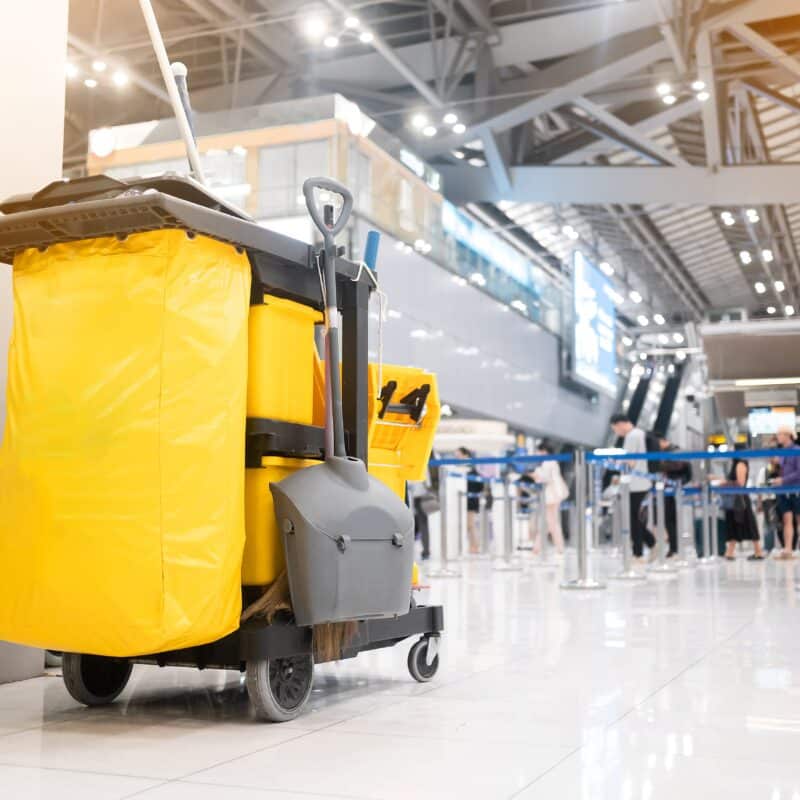
Related Read: How to Minimize the Impact of Post Construction Cleaning
Challenges and Considerations in Implementing Automation in Sustainable Transport and Logistics Cleaning
While the adoption of automation in sustainable transport and logistics can bring numerous benefits. There are also several challenges and considerations to be aware of.
One major challenge is the upfront investment required for the implementation of automated industrial cleaning systems. While these systems can lead to significant cost savings in the long term. The initial cost can be a barrier to adoption for some companies.
Another challenge is the need for specialized maintenance and technical support for these systems. Companies may need to invest in specialized training. Hire technical personnel to ensure that the systems operate effectively and efficiently.
In addition, companies need to carefully consider the environmental impact of the materials used in automated cleaning systems. The potential for pollution during manufacturing and disposal as well.
Companies also need to ensure that automation systems, integrate with other processes in transport and logistics. Optimizing the overall efficiency and sustainability of the operations.
Related Read: Dirty Truth: What You Need to Know About Shopping Centre Cleaning
Conclusion: The Importance of Automation in Achieving Sustainable Transport and Logistics Goals
In conclusion, automation is an important tool for achieving sustainable transport and logistics cleaning goals. The adoption of automated cleaning systems can lead to significant improvements in efficiency, productivity, and sustainability. These systems can help companies reduce their environmental impact, optimize resource usage, and improve working conditions for employees.
While there are challenges and considerations to be aware of when implementing automation. The benefits of these systems can lead to a more sustainable transport and logistics industry. As companies continue to prioritize sustainability, the adoption of automation in cleaning processes is expected to become increasingly widespread. Automation in the transport and logistics industries can play a key role in building a more sustainable future for all.
SCS Group, the leading cleaning company in Sydney embraces the role of automation in sustainable transport and logistics cleaning. We understand the importance of sustainability and efficiency in the transport and logistics industries. We are committed to providing our clients with innovative and effective cleaning solutions that leverage the latest automation technology.
Our team of professional cleaning experts, technicians, and engineers is dedicated to designing and implementing cutting-edge automated cleaning systems. Optimize resource usage, reduce environmental impact, and improve working conditions for employees. We offer a range of services that include robotic floor cleaning, automated window washing, and other automated cleaning solutions. Tailored to meet the unique needs of our clients.
At SCS Group, we take a comprehensive approach to professional cleaning that focuses on sustainability, efficiency, and productivity. We believe that by leveraging automation, we can help our clients achieve their sustainability goals, also improving the overall efficiency and productivity of their operations.

